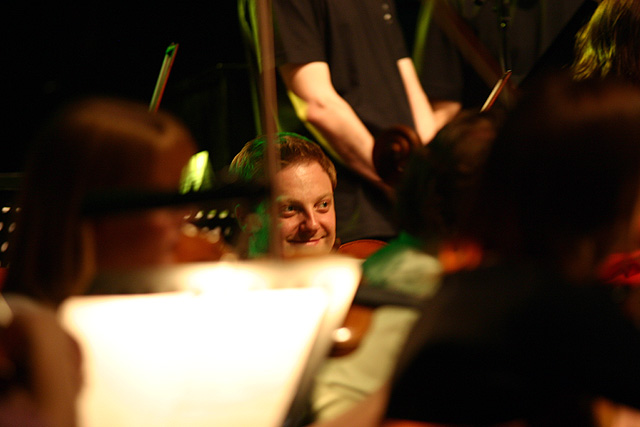The parliamentary motion sounds far-fetched, to say the least. The Guardian offers a more detailed insight into Lesbian and lesbian life on the island. From these snippets of interviews with the natives, the problems stem largely from Greek tourists from the mainland, while the islanders themselves largely welcome lesbian tourists with open arms. I particularly liked the comment: "So long as they leave our women alone, they are welcome".
In the extremely unlikely event that this act passes through the Greek parliament (it would make them a laughing stock), it's hard to imagine its having any effect on the international use of the word. Languages develop as they will, and it's impossible to rein them in after the fact. Not to mention the fact that, around the world, people who identify themselves as lesbians significantly outnumber the inhabitants of the island.
Besides, this isn't the first time the Greeks have given us a synonym for the unmentionable. In the 19th century, the term 'uranian' was a common euphemism for all manner of sexual deviances, and derives from the word 'Uranus' / Οὐρανός (with its highly unfortunate English pronunciation). According to one version of the story, Aphrodite was born of Uranus (a birth in which "the female has no part") and later came to be associated with "a noble love for male youths". The word 'dyke' is also of Greek origin, and comes from Dika / Δίκα, one of Sappho's most favoured pupils. And if I remember correctly, Forster's Maurice (and, doubtless, Hall's The Well of Loneliness, too) also makes mention of the fact that the characters are "like the Greeks". Hmmm... By all accounts, they've been getting up to all sorts for over two millennia!
To finish with, I loved this comment from one of the women interviewed in the Guardian:
"Thank God Sappho was born on Lesbos, not Rhodes," says Sandra, on holiday from Leeds with a group of friends to celebrate her 60th birthday. "Or we would be stuck being known as Rhodesians."


1 comment:
Ha! "Rhodesians." I like that.
Post a Comment